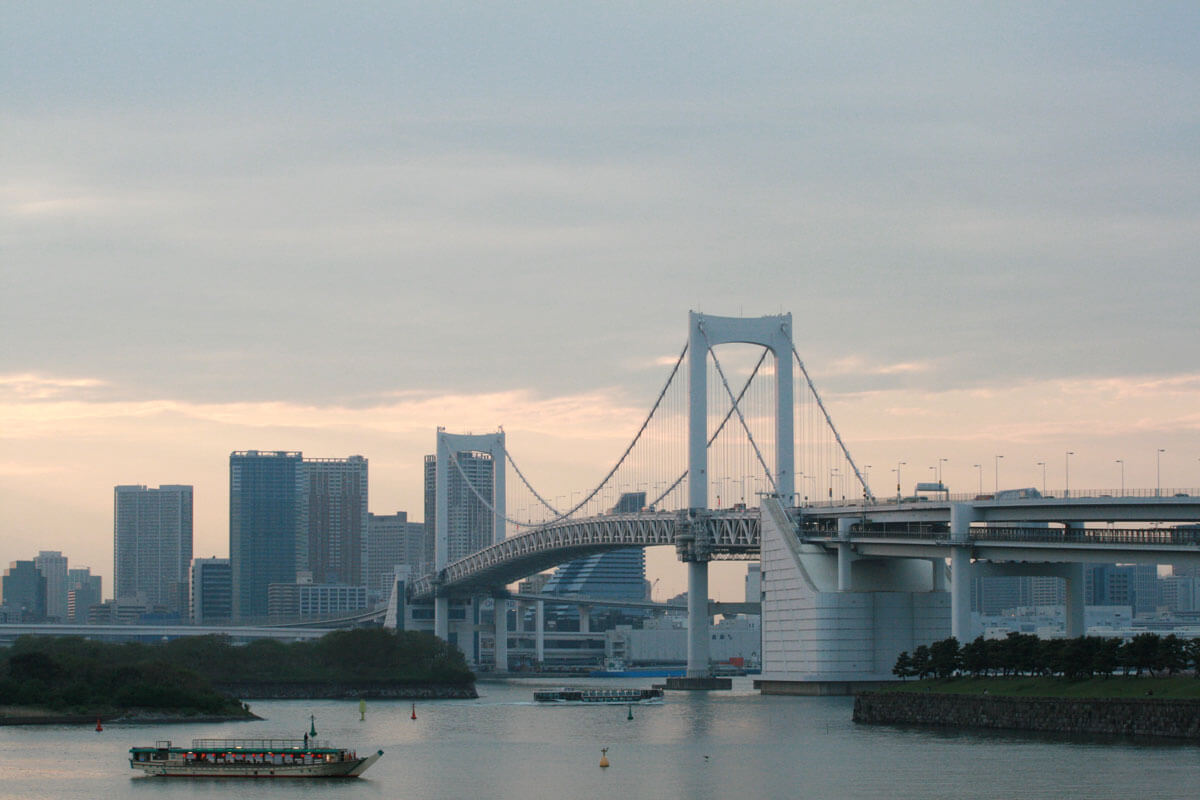
Hello. I'm Mike, a lawyer living in Hong Kong.

Mike, you've made progress with your blogging.

I'm learning every day.
Now that we've talked about Okinawa, let's talk about "Creating Hong Kong in Tokyo".
It's easy to say, but the hurdles are endless. In order to create an environment that attracts financial talent, or investment managers, on a par with Hong Kong, we need not only income tax incentives and deregulation under the FIEL, but also English-speaking administrative procedures, helpers, international schools, etc., not just for business, but for life in general. On the other hand, such a large-scale revision throughout Japan just to attract investment managers is hardly acceptable to the public.

Then build a Dejima in Tokyo.
A section of the suburbs of Tokyo could be turned into a special financial district, where the legal system and living conditions would be the same as in Hong Kong, as long as the investment management business is conducted there - a Japanese version of one country, two systems. This is not a temporary zone, but a semi-permanent administrative zone.

What do you do there?

The first step is to relax regulations.
Let's make a special law applicable to this Tokyo Dejima. The first thing to do is to simplify the procedures for notification of the Financial Instruments and Exchange Act, and in particular the investment management business. If we want to expand the scope of application in the future, we can start with a small and relatively easy one. This would require the company to have its head office in Dejima and to carry out its business there. We should also gradually relax the restrictions on the products we offer. The same products that are sold globally should be allowed to be sold in Japan.

Next, taxes.
The tax law will also be amended to state that there will be no taxation of funds when a company registered in Dejima carries on investment management business in Dejima. Without this, overseas investors will not be able to invest with confidence. It would be even better if the company manages a fund that is set up in Okinawa, which we wrote about last time, so that the structure of the fund itself can be controlled. In addition, the corporate tax of the investment management company in Dejima and the income tax on the remuneration earned by the investment manager from the investment management company will be reduced to about 16% each. These benefits will be conditional on residence in the Dejima.

In addition, the family's living conditions need to be improved.
We will amend the Immigration Act to allow work visas for helpers only on Dejima. We should also create an international school. Priority should be given to children from Dejima, but if there is room for more students, they can come from anywhere. Road signs and other infrastructure on Dejima should be written in English as standard, with Japanese written alongside, so that people can live in an environment where they can speak only English.

We also need a dedicated administrative body that can respond in English.
We will create a special administrative district general office, which will include a branch office of the Financial Services Agency and a tax office function, to govern the administration in Dejima. The language of instruction will be either Japanese or English. Of course, all the staff will be able to work in either Japanese or English. This may be the main reason why we are building Dejima. Just as I can live stress-free in Hong Kong using only English, I think it is essential that overseas financial professionals and their families can live stress-free using only English.

It's not fair that only people who live on the island get tax breaks.
Let's charge a special tax of 50% of the rent for offices and residences in Dejima. Rents would be effectively 50% higher than the market rate in the rest of the city. But rents in Hong Kong are also that high. We should also impose a special acquisition tax of 30% on the acquisition of Japanese shares and property by beneficiary investment managers as individuals. This would alleviate some of the inequality.

Can you really do that?
It seems alien when I write it like this, but even Hong Kong is actually part of China. The history of its formation is quite different, but it functions as one country with two special administrative regions within it. Politically, Hong Kong has become quite suspicious recently, but economically, it is still going strong. I don't see any reason why we can't have a Tokyo version of that. And why not have two systems that are more relaxed?

Where to?
Where shall we build it? It's getting more and more fun. It is better to be close to Narita and Haneda because we will have a lot of overseas business trips from Japan. If it succeeds as a special financial zone , the scenery will be introduced everywhere, so the townscape is also important. When I think of Hong Kong or Manhattan in New York, I think of skyscrapers by the sea. So the east side of Tokyo, around Makuhari or Maihama? The image of Dejima is Odaiba, Harumi and Ariake. But Japan has to be prepared for earthquakes and tsunamis, so would the seaside be dangerous? Let's build it in Takanawa Gateway Station. The name of the station is in English anyway, and the area is under development.
This time, the story got a bit out of control. It's not about how to attract talent to Tokyo. I wrote this article not from the point of view of how to attract talent to Tokyo, but from the point of view of how I would like to return to Tokyo from Hong Kong to do fund business. It may sound a bit crazy, but I believe that if Tokyo does something like this, it will finally be able to become an international financial city.

See you next time.



